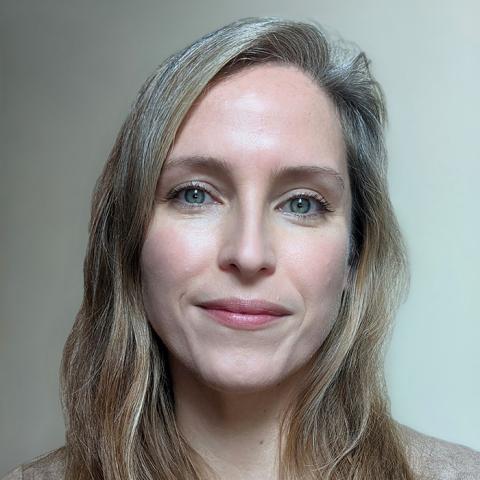
Celeste Mason is a research scientist II at the Institute for People and Technology (IPaT). After completing her Masters of Human-Computer Interaction at Georgia Tech (and previously, a Bachelor’s in Materials Science and Engineering), she worked as a researcher/developer at a wearable computing startup and universities in Northern Germany. Research projects included design and development of technologies for intelligent assistance in physical training for older adults, with an emphasis on realistic intelligent virtual agents and dynamic user feedback; creation of a multi-modal dataset for action recognition and semantic/hierarchical structure discovery, with the goal of enhancing cognitive robotic planning algorithms; user interfaces, wearable, and tangible systems for the “Workflow Editor” graphical procedural customization system for order-picking and other industrial processes (now part of Teamviewer); and the collaborative research projects “Multimodal Algebra Lernen (MAL)”, a tangible mathematics educational system; and “Be-griefen”, an experimentation XR educational system for physics and electronics instruction.
Some of the projects Celeste has worked on at Georgia Tech include PopSign (an American Sign Language vocabulary learning mobile game - the initial prototype was the basis of her Masters project), along with the Passive Haptic Learning and Rehabilitation project (PHL/PHR Gloves help to teach the "muscle memory" of how to play piano melodies without the learner's active attention and may aid those recovering from stroke injury and other conditions improve sensation/dexterity in their affected hands), the FIDO project (tangible and wearable systems for working dogs), and the CHAT project (wearable computers used by dolphin researcher). Prior Materials Science research projects focused on design, fabrication, and characterization of piezo-electric nanogenerators, bio-inspired nanomaterials and optically transparent, electrically conductive nanoparticle/polymer composites. Her current research focuses include educational games, tools, and outreach (especially in the STEM space); assistive technologies for health, education and industry; environmental sensor systems for community-driven sustainability; and wearable (AR/XR) and implantable technologies for health, productivity, and quality-of-life/well-being. Celeste continues to pursue technology transfer efforts for these projects (PHL Gloves and PopSign in particular) with the goal of building up and refining these research prototypes toward viable products that can significantly improve and enrich users’ daily lives.
Research Interests:
- Educational and behavior-change technologies, serious games
- Wearables/XR, multimodal interaction
- Assistive technologies
- Sustainability in computing
